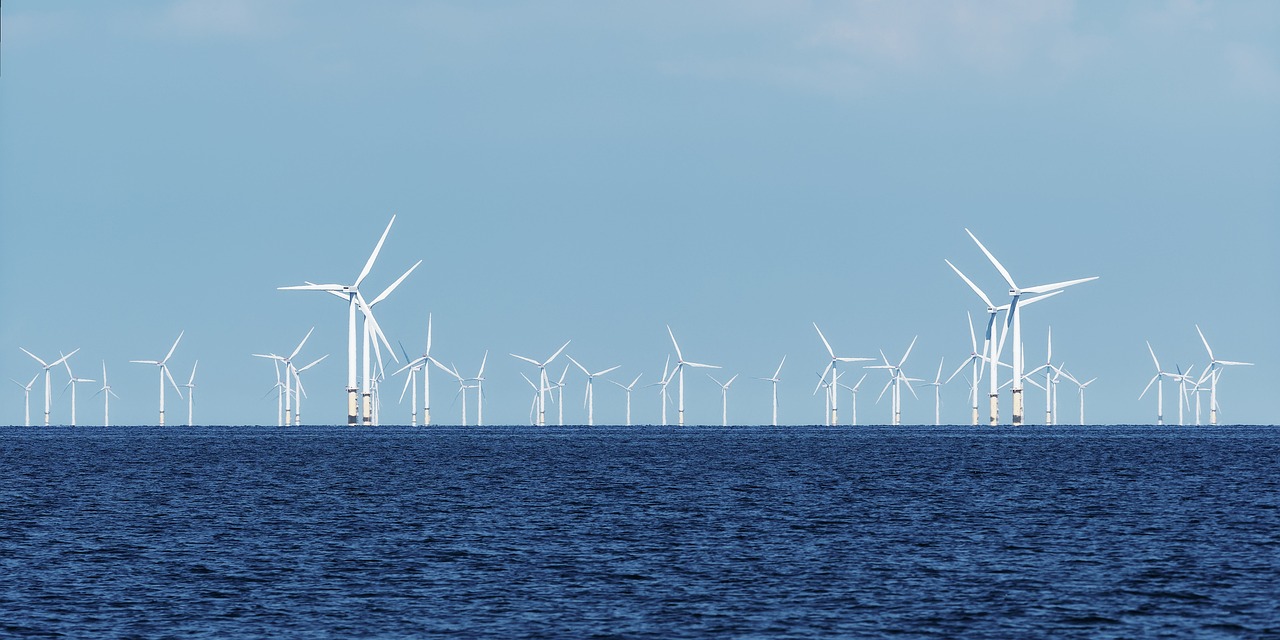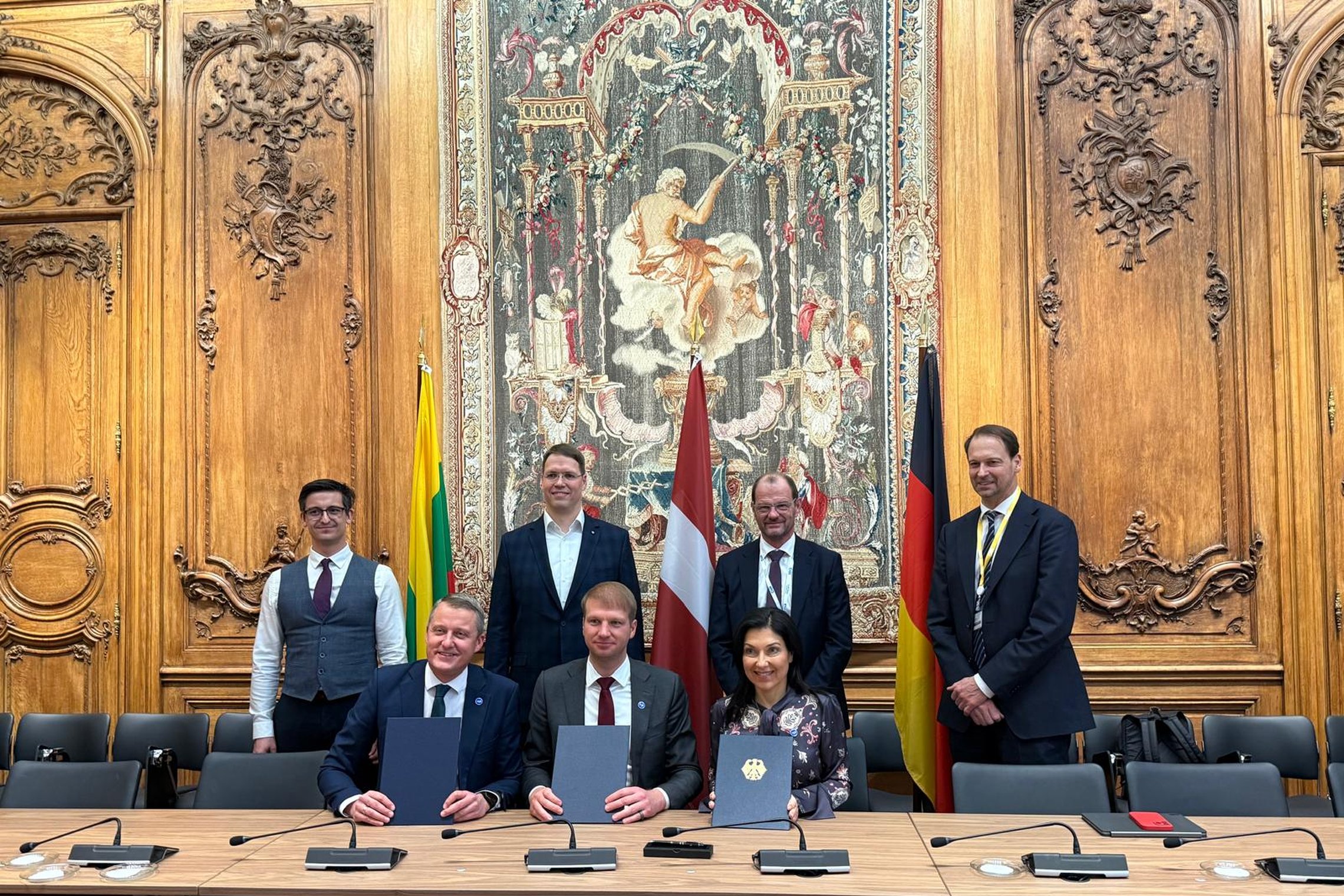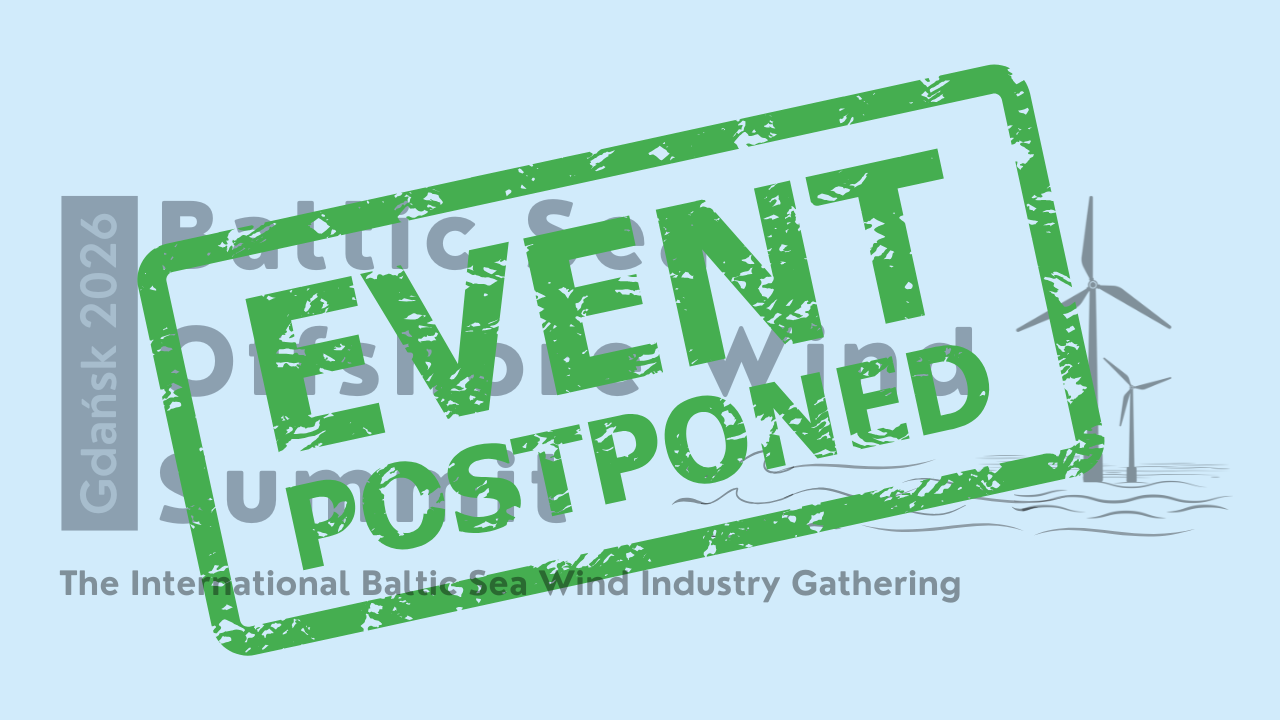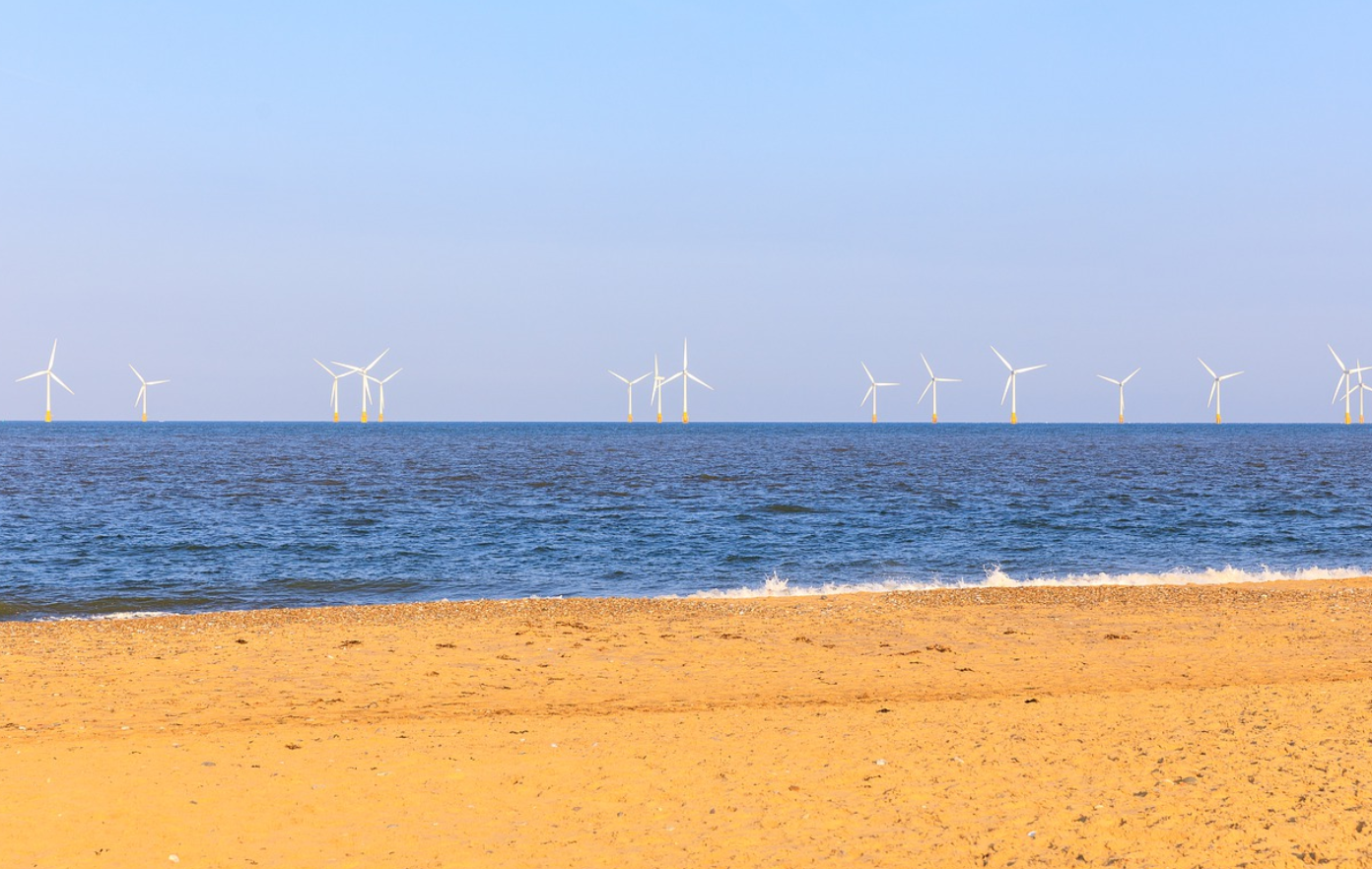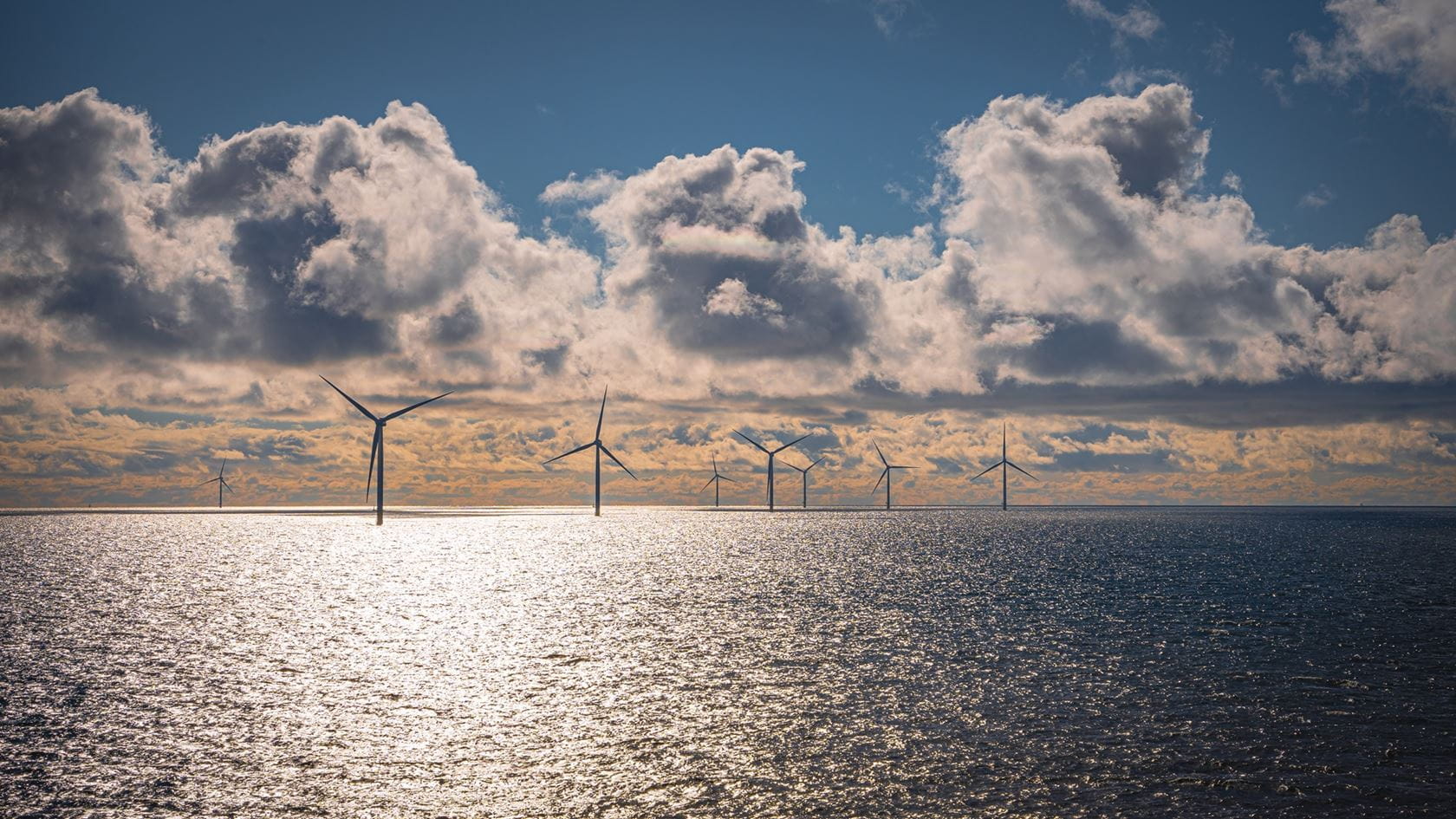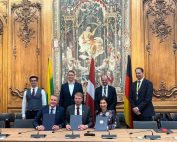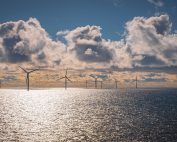To meet the rising industrial demand for fossil-free electricity, a rapid expansion of energy production is needed. According to the Swedish Wind Energy Association, Sweden must increase electricity production by at least 7 TWh per year to reach the government’s target of 300 TWh by 2045. Without accelerating this growth, major international industrial investments risk being relocated abroad.
In addition to ensuring electricity supply, competitive electricity prices are crucial. Wind power helps lower energy costs, strengthening industrial competitiveness. Without stable and affordable electricity, companies may choose to establish themselves in countries with better conditions, such as Germany, Poland, and the UK, which actively work to attract green investments.
Proposed Measures
To ensure Sweden remains an attractive investment destination, the Swedish Wind Energy Association and industry leaders propose several actions:
- Equal market conditions – The government’s plans to subsidize nuclear power could suppress other energy investments. A technology-neutral approach is needed to ensure the most cost-effective solutions are implemented on time.
- Reforming the municipal veto – Current regulations create uncertainty and delay project development. The government is urged to reform the veto to boost investment confidence.
- Better coordination with the Armed Forces – Planning for wind power and energy infrastructure must align with national defense needs to facilitate Sweden’s electrification efforts.
Sweden has all the conditions necessary to expand electricity production and strengthen its position as a leading investment market. However, clear political direction, faster permitting processes, and competitive conditions are required to attract the necessary investments. The Swedish Wind Energy Association calls on the government to take immediate action to meet the growing demand for fossil-free electricity and maintain Sweden’s status as a top investment destination.
